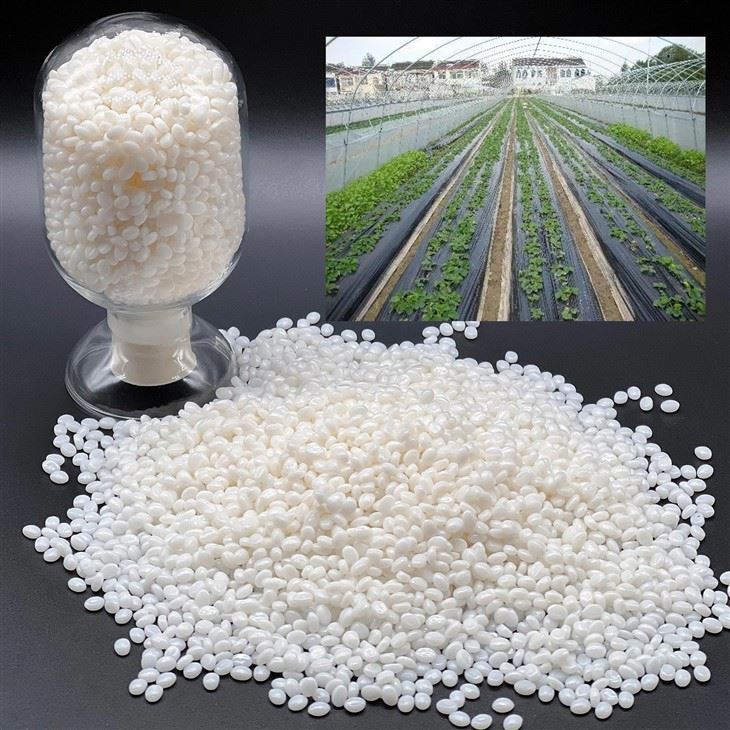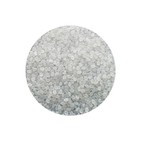As we become more aware of the impact of traditional plastics on the environment, there has been a growing interest in biodegradable alternatives. PBAT polymer is one such solution that has been gaining popularity in recent years. PBAT polymer stands for polybutylene adipate terephthalate, which is a biodegradable and compostable thermoplastic polymer.
One of the key benefits of PBAT polymer is its excellent stretchability, making it ideal for use in flexible films and packaging. It is also resistant to high temperatures, making it suitable for use in hot-fill applications. Additionally, PBAT polymer is highly impact-resistant, making it a durable option for a range of applications.

But perhaps the most significant advantage of PBAT polymer is its biodegradability. Unlike traditional plastics, which can persist in the environment for hundreds of years, PBAT polymer can break down into natural components within months or years, depending on the conditions. This means that PBAT polymer is an environmentally-friendly option for single-use plastic packaging, agricultural films, medical materials, courier and takeout packaging, and a range of other applications.
In addition to its environmental advantages, PBAT polymer also offers significant economic benefits. As consumers become more aware of the impact of traditional plastics, they are actively seeking out more sustainable alternatives. By incorporating PBAT polymer into their products, businesses can differentiate themselves in the marketplace and appeal to a growing number of eco-conscious consumers.
Overall, PBAT polymer is a versatile and environmentally-friendly alternative to traditional non-biodegradable materials such as PE, PP, and PVC. With its excellent stretchability, heat resistance, impact resistance, and biodegradability, PBAT polymer has been a popular choice for a range of applications, and we can expect to see continued growth in the market for this innovative material.




